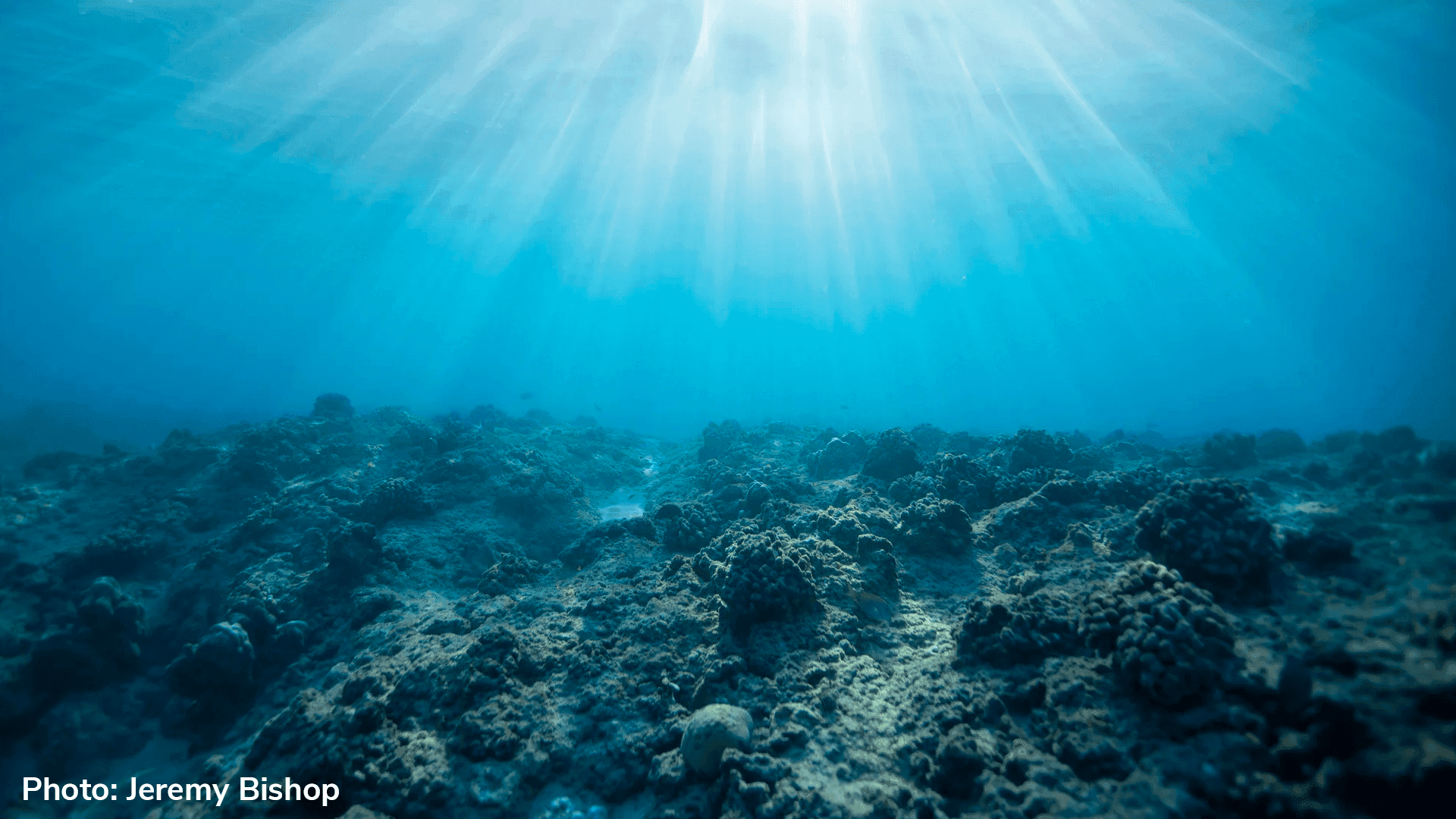The great barrier reef has lost half its coral within 3 decades

Australia’s Great Barrier Reef has lost 50% of its coral populations in the last three decades, with climate change a key driver of reef disturbance, a new study has found. Coral reefs are some of the most vibrant marine ecosystems on the planet — between a quarter and one third of all marine species rely on them at some point in their life cycle.
The Great Barrier Reef, the world’s largest coral reef, covers nearly 133,000 square miles and is home to more than 1,500 species of fish, 411 species of hard corals and dozens of other species.
“We found the number of small, medium and large corals on the Great Barrier Reef has declined by more than 50% since the 1990s,” reported co-author Terry Hughes, a distinguished professor at the ARC Centre of Excellence for Coral Reef Studies, in a statement.
Source: https://edition.cnn.com/travel/article/great-barrier-reef-coral-loss-intl-scli-climate-scn/index.html?utm_medium=social&utm_source=twCNN&utm_term=link&utm_content=2020-10-17T09%3A01%3A05
#MaltaDaily


